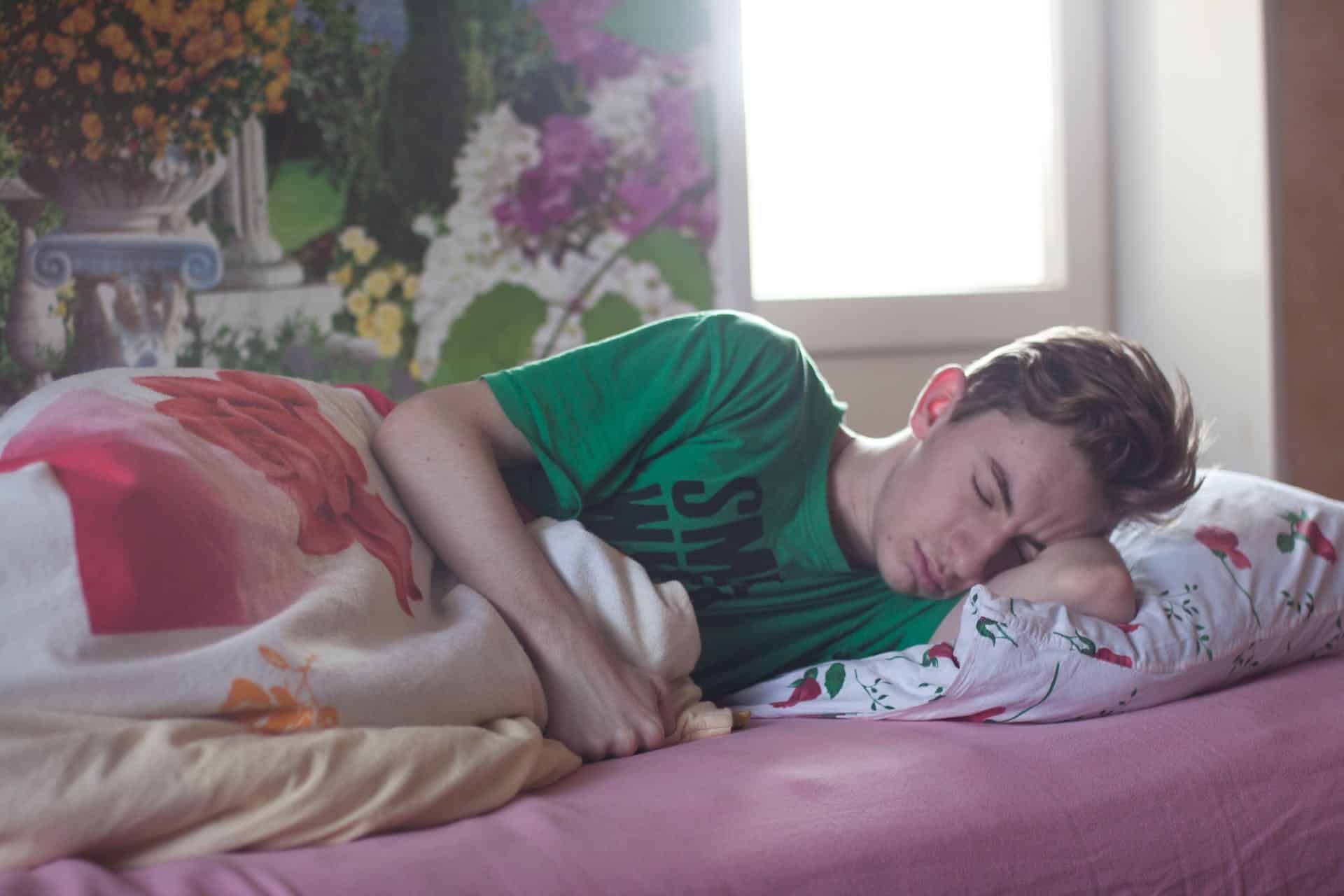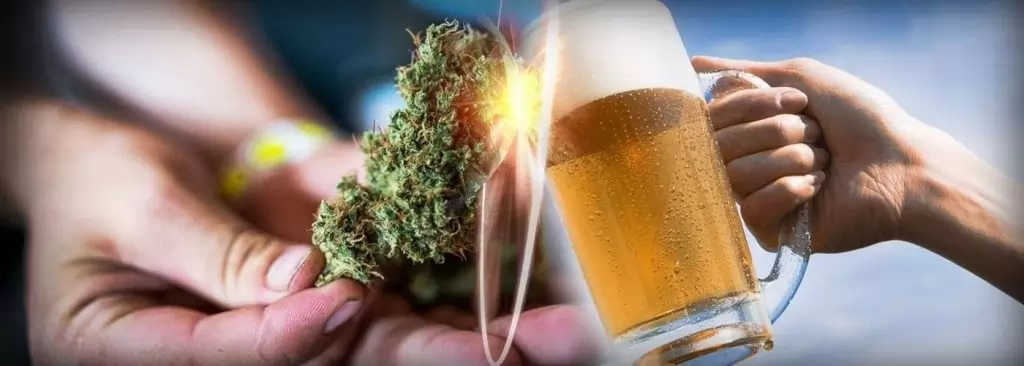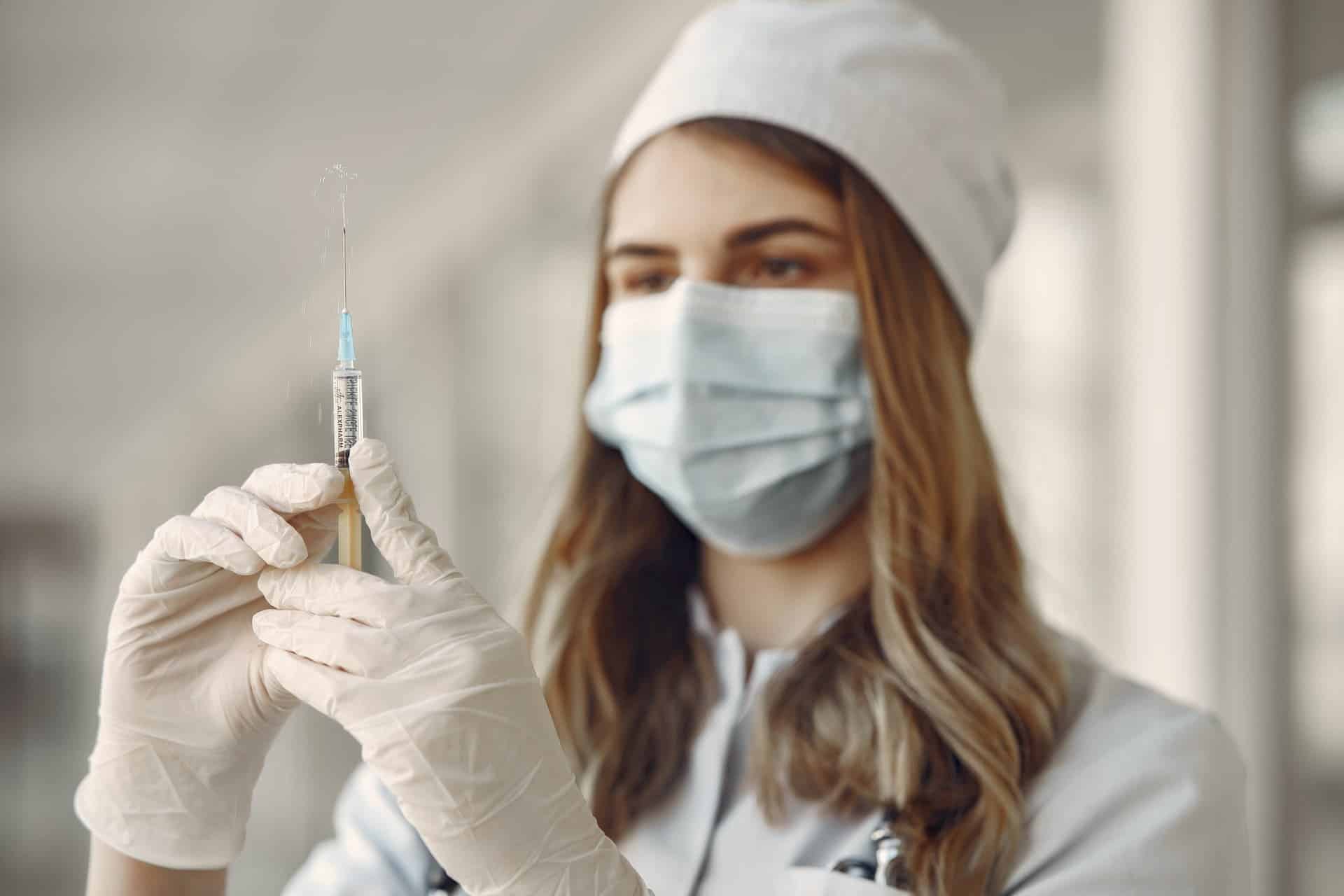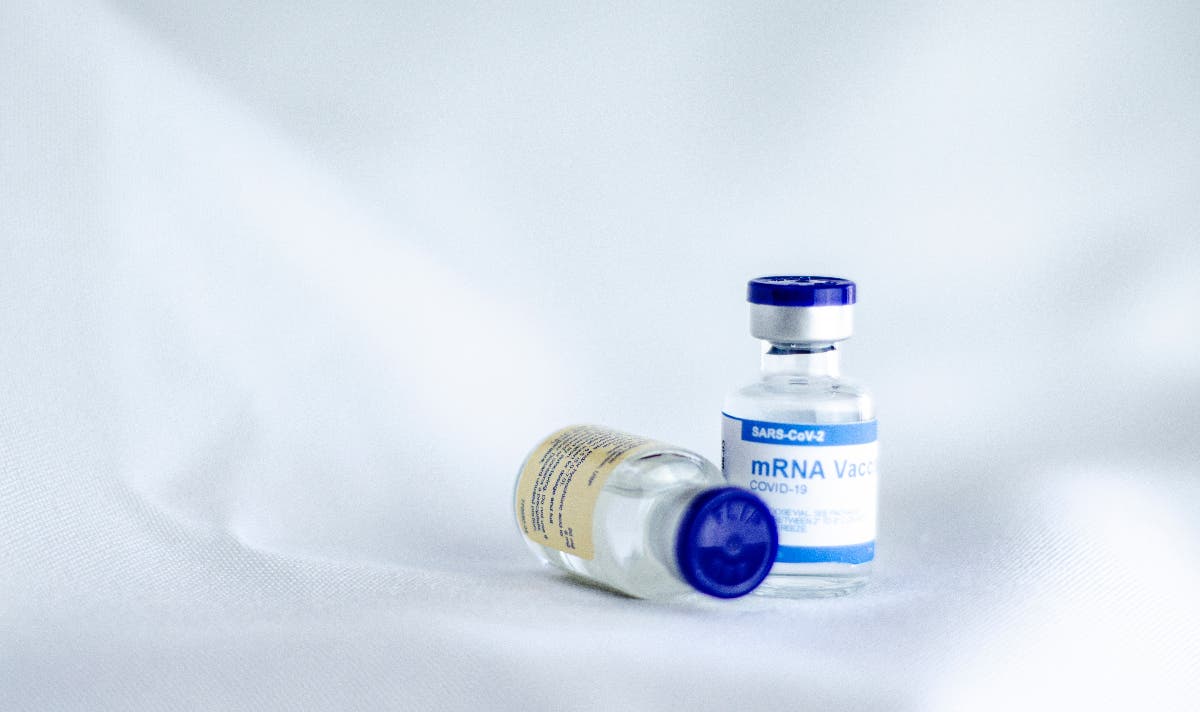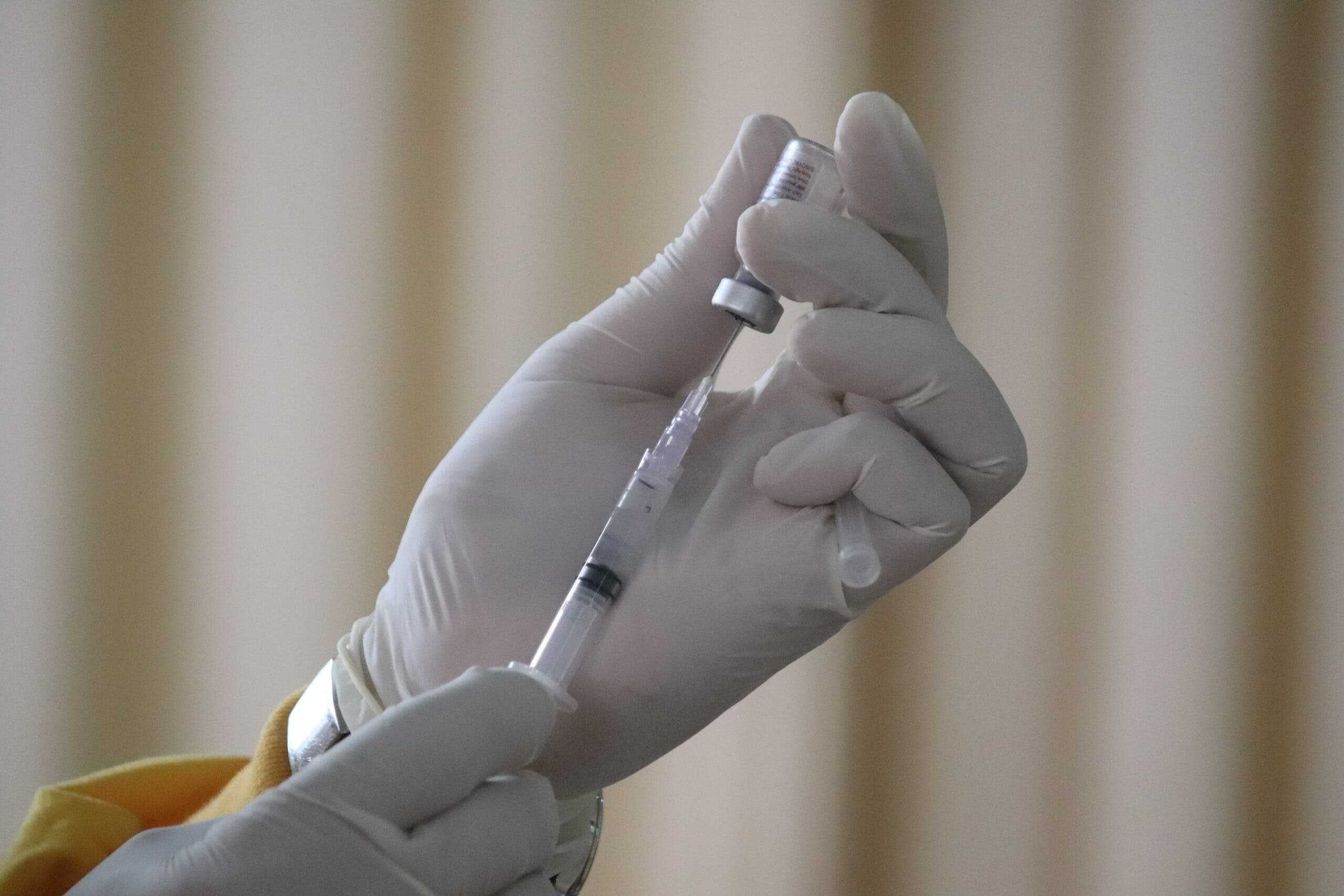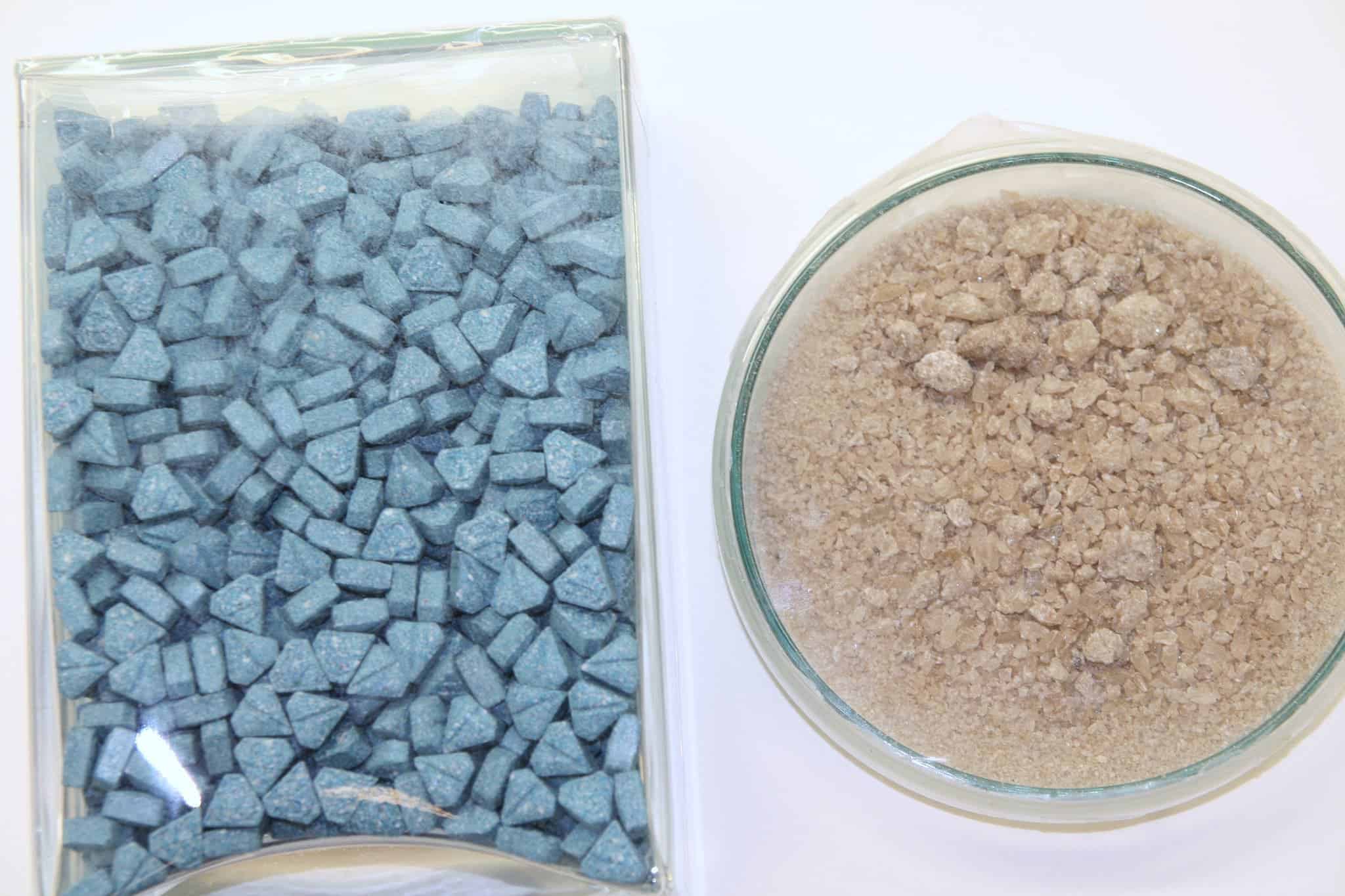Already, several COVID-19 vaccines have been approved for use. The end consumer (ourselves, the people getting vaccinated) won’t pay anything, at least in the initial stages — the vaccines, at least for now, are entirely subsidized by governments. But they still cost something.
Because of the complex deals between countries and vaccine-makers it’s not possible to say straightforwardly just how much one vaccine costs. Different countries negotiated different deals, based on how many doses they purchased and how much they invested in the company research.
But we do have some good estimates. So here, while we’ll look at how much vaccines cost and which one is the cheapest, this is an approximation more than an exact figure.
What vaccines have been developed so far
At the time of this writing, these vaccines have been given approval (either full or emergency/early use):
| Developer | Technology | Status |
| Pfizer-BioNTech | mRNA | Approved in Saudi Arabia and other countries. Emergency use in U.S., E.U., other countries. |
| Moderna | mRNA | Emergency use in U.S., E.U., other countries. |
| Gamaleya | Ad26, Ad5 | Early use in Russia. Emergency use in Belarus, other countries. |
| Oxford-AstraZeneca | ChAdOx1 | Emergency use in Britain, India, other countries. |
| CanSino | Ad5 | Limited use in China. |
| Vector Institute | Protein | Early use in Russia. |
| Sinopharm | Inactivated | Approved in China, U.A.E., Bahrain. Emergency use in Egypt. |
| Sinovac | Inactivated | Limited use in China, Indonesia. |
| Sinopharm-Wuhan | Inactivated | Limited use in China, U.A.E. |
| Bharat Biotech | Inactivated | Emergency use in India. |
Other notable vaccines (such as the ones from Novavax, GSK, and Johnson & Johnson), are currently undergoing Phase 3, large-scale trials. They could be given regulatory approval soon.
In line with the flu shot
The price for COVID-19 vaccines is generally in line with the influenza vaccine, or even cheaper. The price varies from $2 or even a bit lower to around $20, for the first doses. But according to officials, the price will be increased after the first vaccination campaigns. For instance, Moderna said that after the initial batches are covered, the vaccine price will be estimated at $32-$37 for some consumers. This is the price per dose — most vaccines require two doses.
Companies aren’t forced to disclose a public price for the vaccine, so what information we have comes from what contracts are public, and from a rather spectacular leak.
In December 2020, a Belgian politician Tweeted the prices the European Union is paying for various vaccines — figures that were not supposed to be public, at least at the time. The official deleted the Tweet, but it was too late: the prices had already been leaked.
| Manufacturer | EU price per dose | US price per dose |
|---|---|---|
| AstraZeneca | $2 | $4 |
| Johnson&Johnson | $8.50 | $10 |
| Sanofi/GSK | $9.20 | |
| Pfizer/BioNTech | $14.50 | $19.5 |
| CureVac | $12.10 | |
| Moderna | $18.00 | $15 |
| Novavax | $16 |
It’s important to note that many details included in these contracts have not been made public, and this is only a rough approximation. For instance, AstraZeneca has pledged to sell its vaccine “at cost” during the pandemic, waiving away all profits, but declined to say how much the vaccine costs to make.
So we still don’t know how much vaccines cost to make, only the prices they are selling at — and even then, observers have noticed a lack of transparency around these global vaccine deals. According to one FT report, the company will actually be making 20% profit, even as its non-manufacturing expenses cost $1bn.
Funding for research and vaccines for free
The price at which different countries (especially large countries) are getting the vaccine was also negotiated based on how much said countries have offered in research grants to vaccine developers. For instance, under Operation Warp Speed, the US federal government has offered AstraZeneca $1.2 billion to cover 300 million doses, as well as some costs pertaining to phase 3 clinical trials and manufacturing. We don’t know how much those costs amount to, so it’s not possible to calculate a clear price per dose. Similarly, Novavax got $1.6 billion in federal funding for 100 million doses, along with research and development.

So is the AstraZeneca vaccine the cheapest?
Well, out of the ones presented so far, yes. But it’s not entirely clear. Pfizer’s and Moderna’s aren’t the only vaccines accepted so far. China, India, and Russia have approved different vaccines.
China is notoriously untransparent, so there’s no official information about how much their vaccines would cost. In 2020, a BBC team in the Chinese city of Yiwu saw that nurses were administering the injections for a fee of around 400 yuan ($60) for both vaccines. Meanwhile, BioFarma, a state-owned company in Indonesia said it would cost around 200,000 rupiah ($13.60). That’s still higher than the AstraZeneca vaccine.
Meanwhile, the Russian Direct Investment Fund, Russia’s sovereign fund, announced that the cost of the Sputnik V vaccine will be “less than $10 per dose starting from February 2021”. It’s hard to say, but presumably, “less than $10” means more than $2-4.
Which brings us to the vaccines developed in India. In mid-January 2021, the Indian government boasted that its two available vaccines are 4 times cheaper than any other vaccine. They didn’t really explain how this works, and based on released figures, the vaccines would actually cost $2.74 and $4.04 respectively — putting them exactly in the same price range as the AstraZeneca one.
So ultimately, based on what we know
Other costs
It’s not just how much the vaccines themselves cost, but also how much it would cost to set up the logistics for the vaccine. For instance, the Pfizer vaccine needs to be kept in ultra-cold conditions, which entails an additional (very large) cost. The government also has to create kits that contain needles, syringes, and personal protective equipment (PPE). Then there are costs for storage, transportation, and salaries.
These are also vaccination costs, but it’s hard to say just how much a dose would end up costing when you consider all of this. However, both the AstraZeneca vaccine and the Bharat Biotech vaccine from India can be stored in regular fridges, so they’re likely to have the lowest additional costs
The bottom line
The initial doses will be purchased and provided to the government at no cost for those who will receive the vaccine. Governments are getting these doses at a discount price, but not everything has been disclosed, and there’s still a lack of clarity about how much each individual vaccine costs.
After these doses run out, it’s not clear just how the vaccine will be priced for the population, and this will likely vary on a country-by-country basis. Demand will also play a role.
However, when you look at all the available information, AstraZeneca appears to be the cheapest vaccine, alongside the Bharat Biotech vaccine developed in India. Both of these will cost $4 or less per dose, at least in the first stages (though again, this will not be paid by the end receiver but by the government).
How many vaccines have been purchased and by who
So far, the EU is the greatest buyer of vaccine doses, though per capita, Canada takes the top spot, with over 10 doses per capita.
| Doses purchased | Percentage of doses | |
| European Union | 1,585,000,000 | 21.87% |
| India | 1,500,000,000 | 20.69% |
| USA | 1,010,000,000 | 13.93% |
| COVAX* | 700,000,000 | 9.66% |
| Canada | 358,000,000 | 4.94% |
| UK | 357,000,000 | 4.92% |
| Indonesia | 338,000,000 | 4.66% |
| Japan | 290,000,000 | 4.00% |
| Brazil | 196,000,000 | 2.70% |
| Latin America W/O Brazil | 150,000,000 | 2.07% |
| Mexico | 146,800,000 | 2.03% |
| Australia | 114,800,000 | 1.58% |
| Chile | 84,400,000 | 1.16% |
| South Korea | 64,000,000 | 0.88% |
| Egypt | 55,000,000 | 0.76% |
| Turkey | 50,000,000 | 0.69% |
| Argentina | 47,000,000 | 0.65% |
| Uzbekistan | 35,000,000 | 0.48% |
| Bangladesh | 30,100,000 | 0.42% |
| Thailand | 26,000,000 | 0.36% |
| Hong Kong | 17,500,000 | 0.24% |
| Israel | 14,000,000 | 0.19% |
| Malaysia | 12,800,000 | 0.18% |
| Switzerland | 10,500,000 | 0.14% |
| Venezuela | 10,000,000 | 0.14% |
| Morocco | 10,000,000 | 0.14% |
| Peru | 9,900,000 | 0.14% |
| Ecuador | 9,000,000 | 0.12% |
| Costa Rica | 4,000,075 | 0.06% |
| New Zealand | 3,500,000 | 0.05% |
| Panama | 3,000,000 | 0.04% |
| Philippines | 2,600,000 | 0.04% |
| Kazakhstan | 2,000,000 | 0.03% |
| Lebanon | 2,000,000 | 0.03% |
| Kuwait | 1,000,000 | 0.01% |
